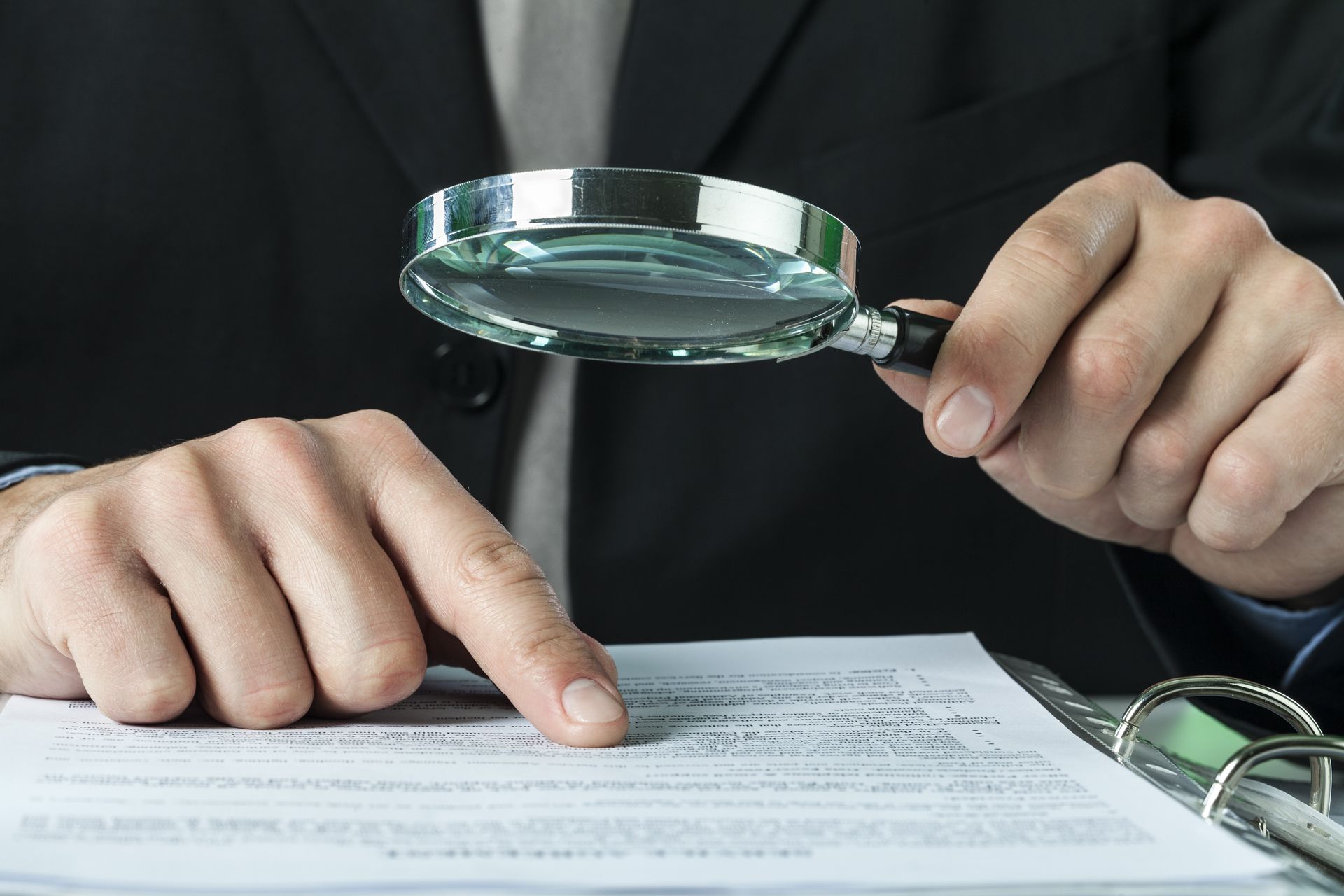Navigating Real Estate Transactions: The Notary’s Role
Real estate transactions are some of people's most significant financial commitments, often involving complex paperwork and stringent legal requirements. Notaries are essential in these transactions, ensuring documents are properly executed and legally binding. From verifying identities to overseeing the signing of crucial documents, notaries help safeguard the integrity of real estate transactions.
Why Notaries Are Important in Real Estate Transactions
Real estate transactions require high trust, as they often involve substantial amounts of money and multiple stakeholders. The notary’s impartiality and role as an official witness provide an added layer of security, helping prevent fraud and misunderstandings. By verifying identities and ensuring that all parties willingly sign, notaries help maintain the authenticity and enforceability of real estate documents.
Key Stages Where Notaries Are Involved
1. Loan Documents and Mortgages
One of the most critical parts of a real estate transaction is signing the mortgage or loan documents. When a buyer takes out a loan to purchase property, the mortgage is a legally binding agreement between the borrower and the lender. Notaries play a crucial role here by verifying the borrower's identity, confirming their understanding of the document, and ensuring that the mortgage is signed correctly.
In this context, the notary also helps explain the purpose of each document (without giving legal advice) and verifies that the borrower fully understands the terms of the mortgage. This step is vital in preventing misunderstandings or disputes down the line.
2. Deeds of Trust
A deed of trust is a legal document that transfers the property’s title from the borrower to a trustee, who holds it as security for the loan. Notaries are responsible for witnessing the signing of deeds of trust, confirming that all parties involved are who they claim to be, and that they are signing the document willingly and knowingly. This process ensures that the deed is legally binding and protects both the borrower and the lender.
3. Closing Documents
The closing, or settlement, is the final step in the real estate transaction process. Numerous documents are signed during this time, including the closing disclosure, title transfer documents, and various affidavits. Notaries are present to witness these critical documents signing, ensuring they are completed correctly and without coercion.
As an impartial third party, the notary’s role is to oversee the signing, validate the identities of all signers, and notarize the documents, adding an official seal of approval. This notarization ensures the documents are authentic and enforceable, essential in transferring property ownership without issues.
How Notaries Prevent Fraud in Real Estate Transactions
Real estate fraud can have devastating consequences, leading to significant financial loss and legal complications. Notaries play a critical role in preventing fraud by:
- Verifying Identities: Notaries require signers to provide government-issued identification, such as a driver’s license or passport. This ensures that only the rightful owners or legally authorized individuals can sign on behalf of a property.
- Ensuring Willing Participation: Notaries are trained to assess whether a signer is under duress or signing involuntarily. This assessment is especially important in situations involving power of attorney or elder individuals to protect against undue influence or coercion.
- Maintaining Accurate Records: Many states require notaries to keep a journal of their notarial acts, noting details like the date, time, type of document, and identification provided. These records can be invaluable if a transaction’s authenticity is challenged in the future.
Mobile Notaries and Real Estate Transactions
Mobile notary services are becoming increasingly popular in real estate. They provide added convenience by meeting clients at a location of their choice, whether that’s their home, office, or the real estate agent’s office. For buyers and sellers with busy schedules, mobile notaries offer flexibility and help expedite the closing process. They perform the same tasks as traditional notaries but travel to the client, making the signing process seamless.
The Benefits of Having a Notary in Real Estate Transactions
- Legal Protection and Validity: A notarized real estate document is more likely to hold up in court if contested, as it has an official witness seal confirming the authenticity of the signers’ identities.
- Reduced Risk of Disputes: With a notary present, the likelihood of disputes arising over the validity of signatures or identities is minimized, as each party signs in the notary’s presence.
- Peace of Mind: For buyers and sellers, having a notary present offers peace of mind that the transaction is handled according to legal standards. This added assurance is invaluable, especially in high-stakes transactions like real estate.
Conclusion
The notary’s role in real estate transactions cannot be overstated. From verifying identities to ensuring the proper execution of loan documents, deeds, and closing forms, notaries provide the essential checks and balances to protect all parties involved. Their impartiality and commitment to accuracy help create a smooth, legally secure transaction process. Whether buying your first home or managing a complex commercial property deal, a notary’s expertise is invaluable, providing peace of mind and assurance that your real estate transaction is handled with the utmost integrity.












